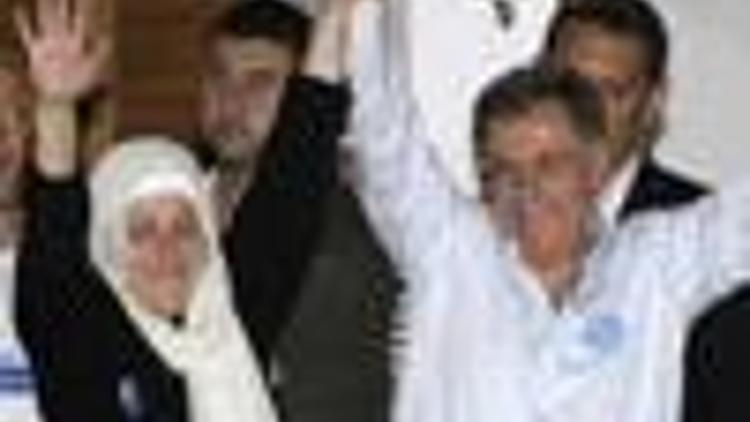Pro-Western bloc beats Hezbollah in Lebanon vote
Güncelleme Tarihi:

BEIRUT - Lebanon’s Western-backed coalition defeated Hezbollah and its allies, according to official results Monday that dealt a stunning setback to the Iranian-backed militants and set the stage for renewed political deadlock in the volatile nation.
The winners celebrated in the streets, setting off fireworks and driving around in motorcades honking hours before the official results from Sundays parliamentary vote were even announced.
The election was the first major political test in the Middle East since President Barack Obama called last week for a "new beginning between the
Hezbollah, which the
"We are on the threshold of a new stage," Prime Minister Fuad Saniora told reporters after his coalition’s victory. "We should try and understand the changes that are coming to our country and the region and to be prepared."
Hezbollah’ defeat helped ease apprehension in the region as the Obama administration prepares to dive deeper into
Paul Salem, Beirut-based director of the
"Certainly it goes in a positive direction in the sense that it doesn’t shake the boat. It reassures the Arab countries, Europe, and the
The interior minister announced the final results for the 128 parliamentary seats from all 26 districts at a news conference. The tally showed the winning coalition with 68 seats versus 57 for the Hezbollah-led alliance. Three seats went to independents. The allocation was largely unchanged from the outgoing legislature, ensuring that the same disputes will continue to roil the political scene.
"There was an election in
Hezbollah was boosted by its 2006 war against
They staged protests and installed an encampment in downtown
An agreement to end the violent confrontation gave Hezbollah veto power over major government decisions.
This time around, the pro-Western coalition vowed not to give Hezbollah and its allies a blocking minority in the new government if they won, maintaining that the arrangement paralyzed decision-making. Hezbollah and its allies have countered that sharing power ensured peace.
A failure by the parties to agree on how to share power could set the stage for another round of confrontation that could again inflame sectarian tensions.
The leader of the largest bloc in the pro-Western coalition, Saad Hariri, said he extends his hand to the losing side to work together.
President Michel Suleiman set the political tone for the postelection period when he expressed hope for a national unity government, a prospect both sides have already raised.
Turnout nationwide was about 52.3 percent up from 45.8 percent in 2005.

